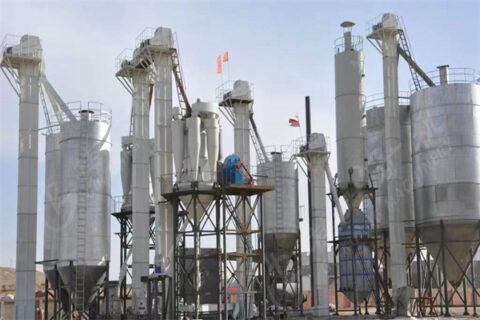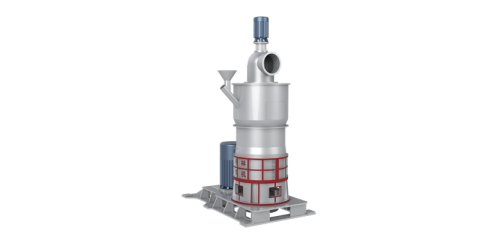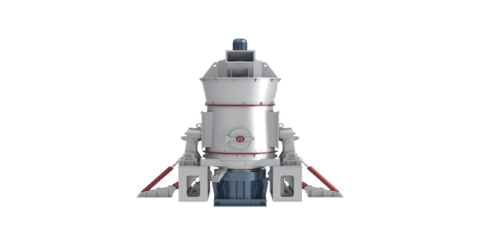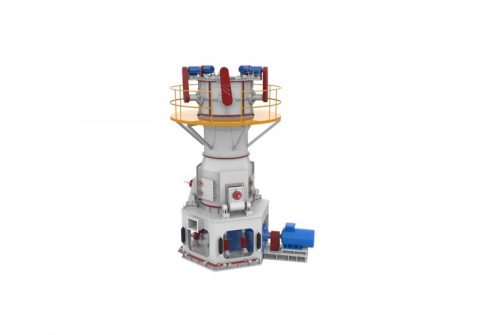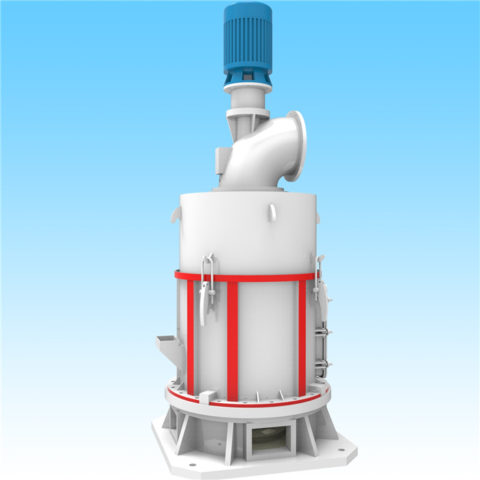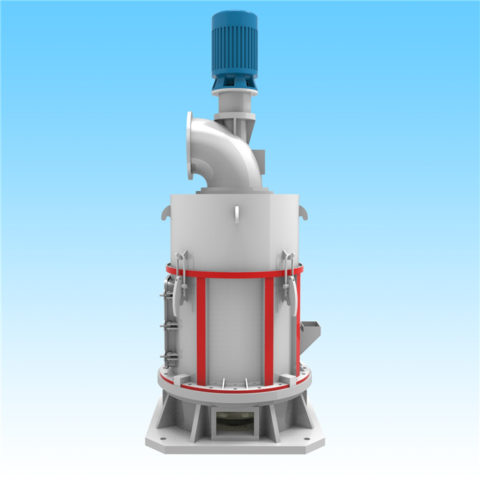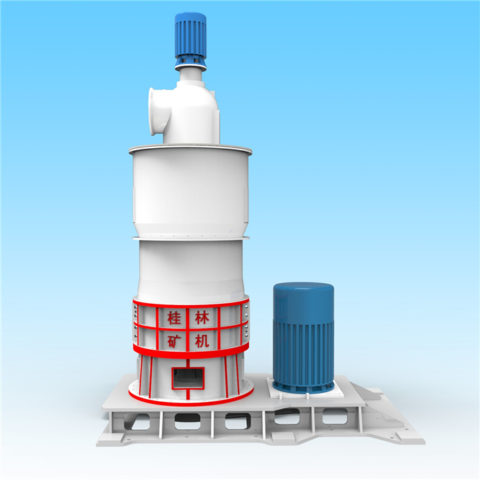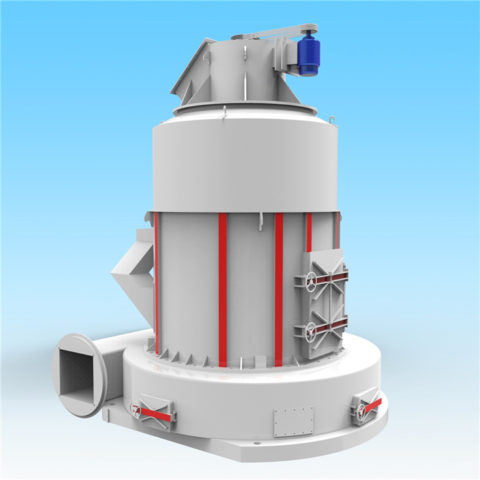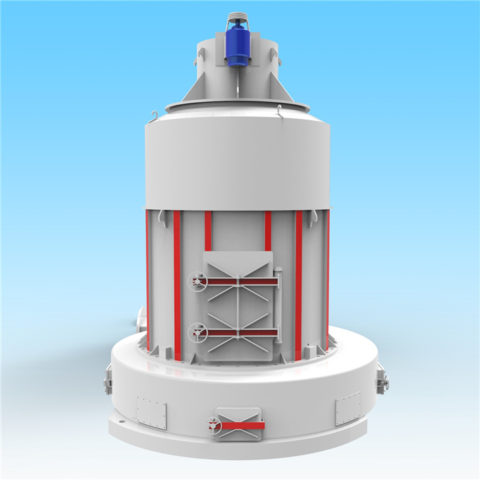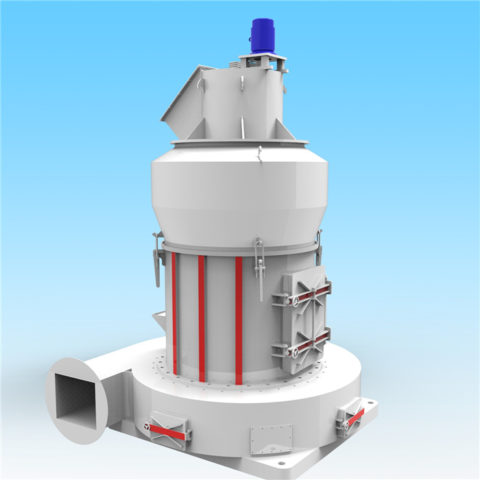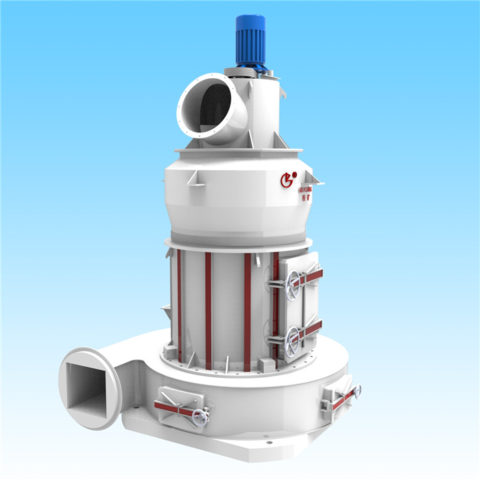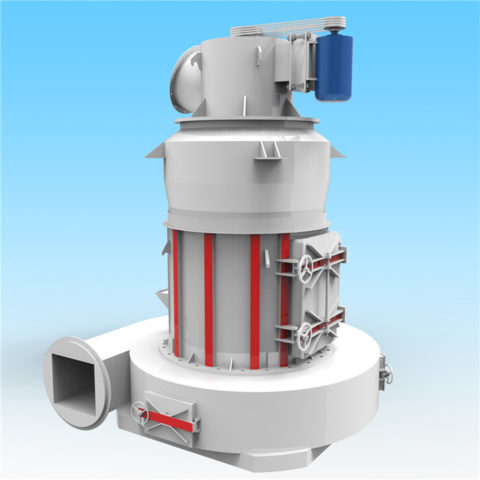In the realm of phosphate rock processing, grinding machinery assumes paramount importance, serving as the linchpin in achieving the desired particle size distribution, consistency, and quality of the final powder. Various types of grinding machines are employed, each offering unique capabilities tailored to specific processing requirements. Let us explore some of the prominent grinding machinery utilized in phosphate rock processing:
Ultrafine Grinding Mill
Ultrafine grinding mills cater to the demand for exceptionally fine phosphate rock powder, offering unparalleled particle size reduction capabilities.
Utilizing advanced grinding technologies such as attrition and jet milling, these mills produce ultrafine particles with precise control over particle size distribution.
Ultrafine grinding mills are indispensable in applications requiring superior powder fineness and surface area, such as in the production of specialty fertilizers and industrial chemicals.
The selection of an appropriate grinding machine for phosphate rock processing hinges upon various factors, including feed characteristics, desired particle size distribution, capacity requirements, and energy efficiency considerations. Additionally, maintenance requirements, operating costs, and environmental impacts should be carefully evaluated to ensure sustainable and cost-effective operations.
Ball Mill
Ball mills represent a ubiquitous choice for grinding phosphate rock due to their versatility, robustness, and efficiency.
Operating on the principle of impact and attrition, ball mills utilize rotating cylinders filled with grinding media to pulverize the rock into a fine powder.
Their ability to accommodate a wide range of feed sizes and produce uniform particles makes them indispensable in phosphate rock grinding operations.
Raymond Mill
Raymond mills, characterized by their pendulum-style design, are widely employed in the grinding of phosphate rock and other materials.
These mills feature a central shaft with grinding rollers suspended on a spring-loaded arm, ensuring consistent grinding pressure and particle size distribution.
With adjustable settings and high precision, Raymond mills offer reliable performance in achieving the desired powder fineness.
Vertical Roller Mill
The technology has gained prominence in phosphate rock processing, offering energy-efficient and high-capacity grinding solutions.
Vertical roller mills feature a vertical grinding mill with rollers rotating inward against a stationary grinding ring, facilitating efficient comminution of the feed material.
Their compact design, ability to handle high moisture content, and precise control over particle size distribution make VRMs a preferred choice in modern processing plants.
Hammer Mill
Hammer mills find application in coarse grinding of phosphate rock and other materials, particularly those with high moisture content or containing impurities.
Equipped with rotating shafts and hammers, these mills effectively break down the rock into smaller particles through impact and attrition.
Hammer mills are often employed as a pre-grinding step before finer grinding processes to reduce oversized particles and improve overall efficiency.

